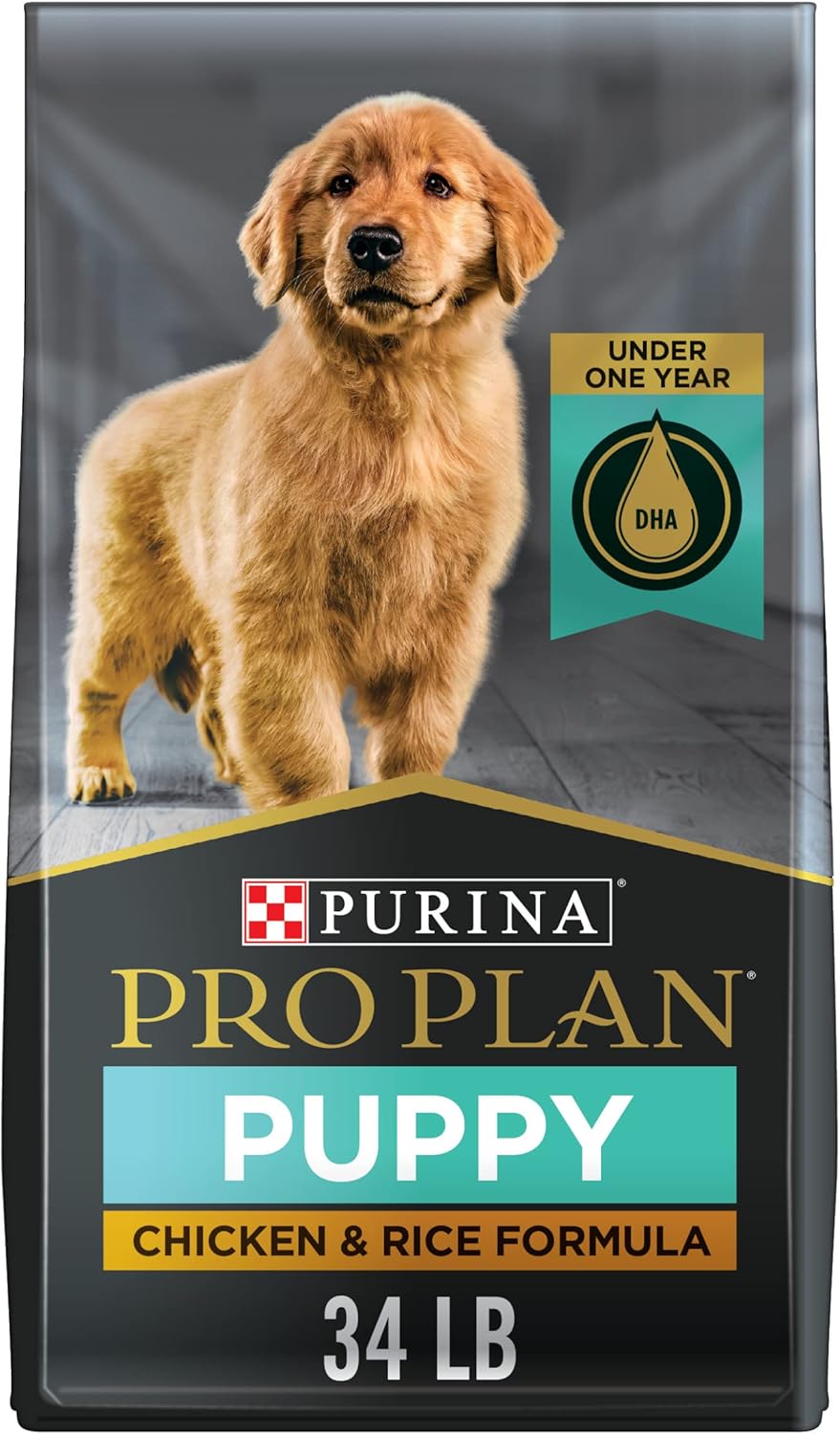










Unlocking the Power of DHA and Nutrition for Puppies
Raising a puppy is an exciting and rewarding experience, but it also comes with the responsibility of ensuring they receive the best nutrition for their growth and development. One of the key components of puppy nutrition is the inclusion of vital nutrients such as DHA, proteins, antioxidants, and minerals. In this article, we will explore how these elements contribute to your puppy’s overall health and development.
What is DHA and Why is it Important?
DHA, or docosahexaenoic acid, is an omega-3 fatty acid primarily found in fish oils. It plays a crucial role in the development of the brain and vision in puppies.
Benefits of DHA
- Brain Development: DHA supports cognitive function, helping puppies develop critical thinking skills and learn more effectively during their formative months.
- Vision Support: Adequate DHA levels contribute to optimal visual acuity, ensuring that your puppy has excellent eyesight as they grow.
- Behavioral Benefits: Puppies with sufficient DHA tend to exhibit calmer behaviors, making training easier and reducing anxiety levels.
High-Quality Protein: The Building Block of Muscles
When it comes to your puppy’s diet, high-quality protein is essential. Chicken, being the first ingredient in many premium dog foods, is an excellent source of protein.
Why Protein Matters
- Muscle Development: Protein is crucial for building lean muscles, enhancing strength and agility in your puppy.
- Energy Production: A protein-rich diet provides sustained energy, allowing your puppy to play and explore more effectively.
- Overall Growth: Each protein source contributes to the growth of tissues and supports healthy hair and skin.
How Antioxidants Support Immune Development
Antioxidants are powerful nutrients that safeguard your puppy’s health. They help combat free radicals, boosting the immune system.
The Role of Antioxidants
- Immune Health: Antioxidants support a puppy’s developing immune system, helping them fend off illnesses and infections.
- Cellular Protection: These nutrients protect cells from oxidative stress, promoting longevity and vitality.
- Overall Health: A diet rich in antioxidants fosters overall well-being, ensuring your puppy thrives during their developmental stages.
Is Digestibility Important for Nutrient Absorption?
Absolutely! A highly digestible formula ensures that puppies get the most out of their food.
Benefits of Digestibility
- Optimal Nutrient Delivery: When a diet is easily digestible, your puppy can absorb nutrients more efficiently.
- Reduced Digestive Issues: High digestibility lowers the risk of gastrointestinal problems, leading to better overall health.
- Satiation: Easily digestible foods keep puppies feeling satisfied longer, reducing the likelihood of overeating.
Calcium and Phosphorus: Building Strong Bones and Teeth
Young puppies need essential minerals to support their skeletal development. Calcium and phosphorus are vital for strong bones and teeth.
Why Minerals Matter
- Bone Density: Sufficient calcium levels build denser bones, reducing the risk of fractures and other injuries.
- Dental Health: Strong teeth require adequate minerals, which reduces the risk of future dental issues.
- Growth Regulation: Minerals help regulate important bodily functions, ensuring puppies grow up healthy and active.
What Should You Look for in Puppy Food?
When selecting puppy food, keep the following in mind:
- DHA Sources: Look for foods that list omega-3s derived from fish oil.
- Protein Quality: Ensure the first ingredient is a high-quality protein source, like chicken or lamb.
- Antioxidant-rich Ingredients: Ingredients such as blueberries, spinach, and carrots provide necessary antioxidants.
- Mineral Content: Check for a balanced ratio of calcium and phosphorus to support healthy bone growth.
Pros and Cons of Premium Puppy Foods
Pros
- Enhanced Nutritional Profile: Premium foods often contain higher-quality ingredients, providing better overall nutrition.
- Better Digestibility: High-quality foods are designed for optimal nutrient absorption.
- Healthier Skin and Coat: A nutrient-rich diet promotes a shiny coat and healthy skin.
Cons
- Cost: Premium puppy foods can be more expensive than generic brands.
- Availability: High-quality options may not be available in every store.
- Transition Required: Switching to a new food may require a gradual transition to prevent digestive upset.
Conclusion
In the journey of puppyhood, providing a balanced diet rich in nutrients like DHA, high-quality proteins, antioxidants, and minerals is imperative for optimal health and development. By choosing high-quality dog food that meets these criteria, you set your puppy up for a healthy future filled with energy, vitality, and joy.
FAQs
1. How much DHA does my puppy need daily?
Puppies require a specific amount of DHA based on their size and breed. Consult with your veterinarian to determine the best daily intake for your puppy.
2. Can I provide DHA through supplements?
Yes, DHA is available through supplements if your puppy food is insufficient in omega-3 fatty acids. However, consult your vet before adding supplements to their diet.
3. How do I know if the protein in my puppy’s food is of high quality?
Check the ingredient list. A high-quality protein source like chicken or fish should be listed as the first ingredient, and the food should have minimal fillers.
4. Are store-bought puppy foods better than homemade diets?
Store-bought puppy foods are often formulated to meet specific nutritional needs, while homemade diets may lack essential nutrients unless carefully planned. Consult with a vet before making decisions regarding homemade diets.
5. What signs indicate my puppy needs a change in diet?
If your puppy shows signs of lethargy, poor coat condition, digestive issues, or inconsistent growth, it may be time to reevaluate their diet with the guidance of a veterinarian.

